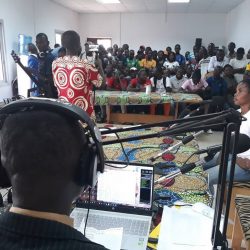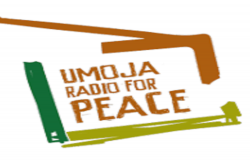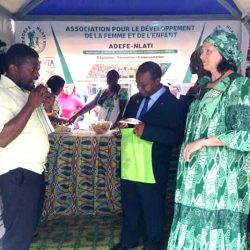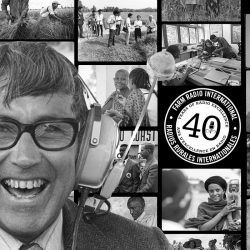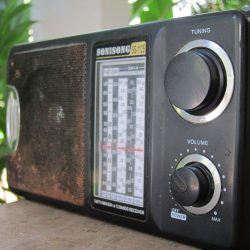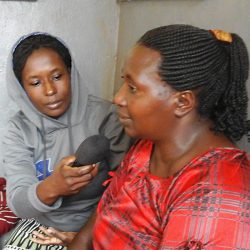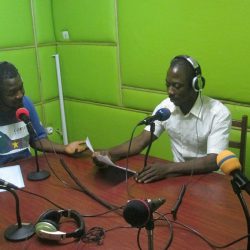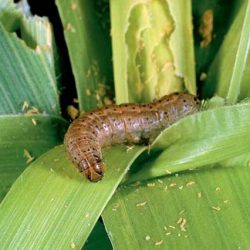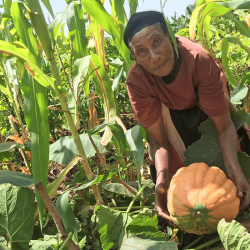Success stories of the social role of Radio Ndeke Luka, on the occasion of its 19th anniversary
Radio Ndeke Luka, the radio created and supported by Fondation Hirondelle in the Central African Republic, celebrated its 19th anniversary on the 27th of March. The radio is listened to in the Central African Republic and throughout the world thanks to the diversity of its information network. Listeners in Bangui have explained the impact of the radio in their life, at the occasion of its birthday. Throughout its 19 years of existence,

